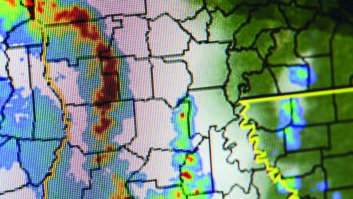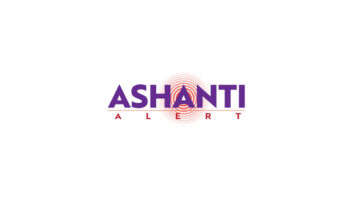The people developing satellite-delivered digital audio broadcasting for third-world countries say they’ve reached a milestone in getting their signal to mobile and portable receivers. Engineers from WorldSpace Corp. and the Fraunhofer Institut have tested two techniques – time diversity reception and multi-carrier modulation terrestrial rebroadcast technology. They say employing these technologies will allow those who purchase WorldSpace receivers to get the signal in a mobile environment within the WorldSpace coverage area. Fixed and portable receivers are available now.
Two satellites have been launched and the third and final satellite is set for launch next year.
For time diversity, the engineers used two channels from the AfriStar satellite. They delayed one channel just over 4 seconds with respect to the other channel. Time diversity, they said, eliminated blockages to the satellite signal from bridges, trees and buildings while they were in a moving vehicle.
Multi-carrier modulation was demonstrated using ground retransmissions of the same channels received from the satellite through 3 terrestrial repeaters in Europe.
“These tests represent an important step towards expanding our system capabilities to the full range of environments, whether portable, fixed or mobile,” said WorldSpace Chairman/CEO Noah Samara.
Additional tests are planned for Pretoria, South Africa in September.
Leslie Stimson
WorldSpace Testing System in Cars
WorldSpace Testing System in Cars












